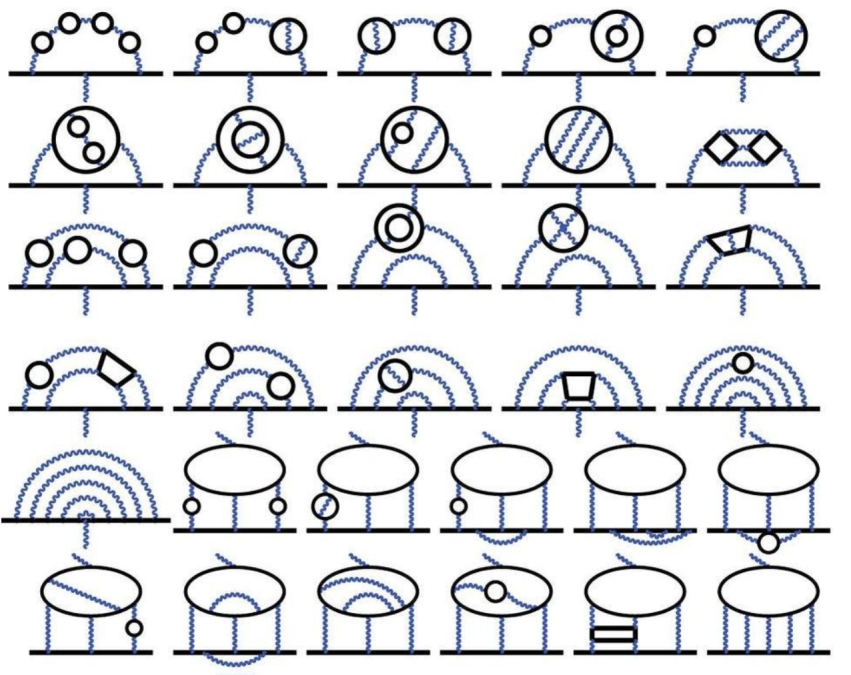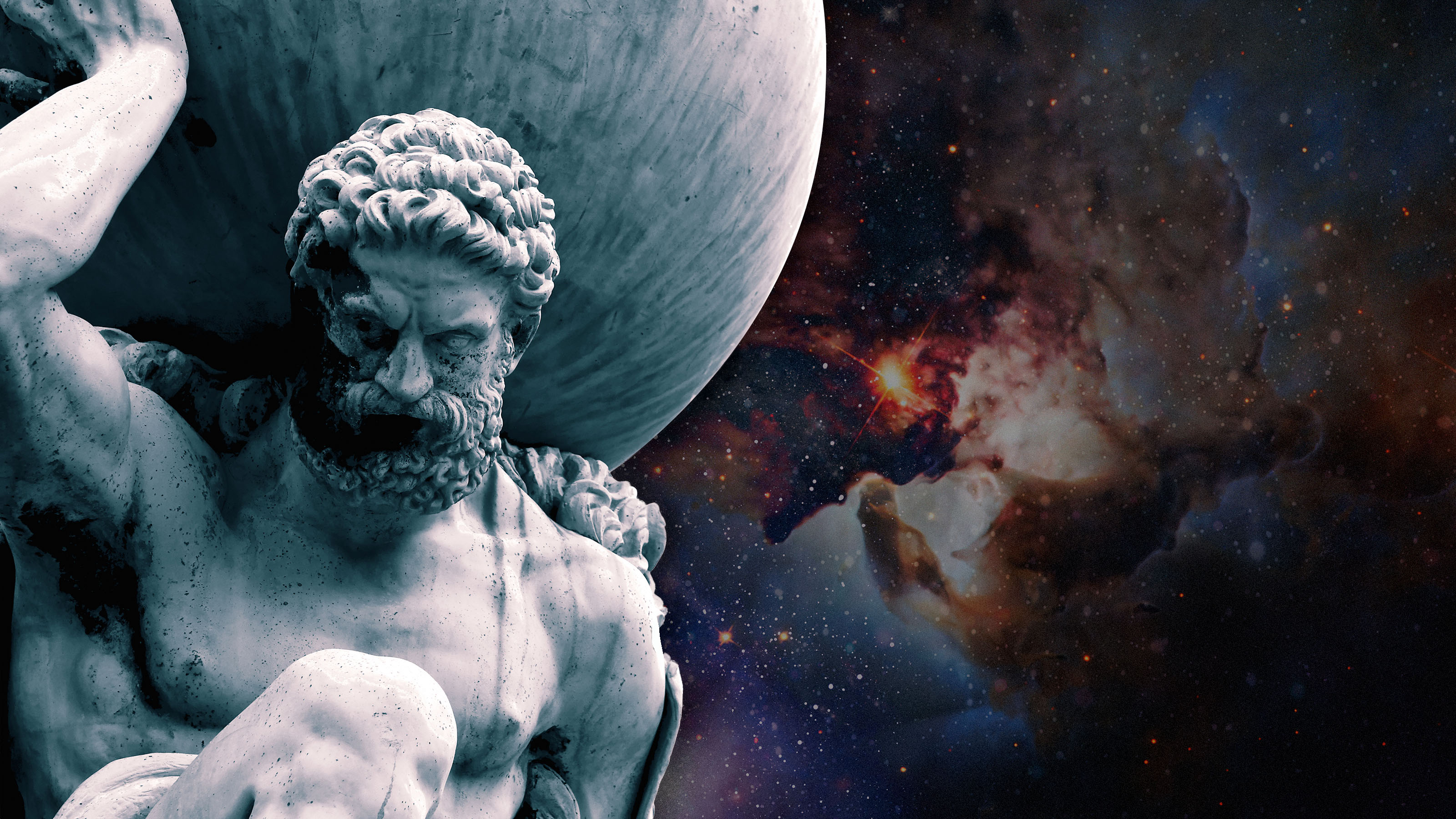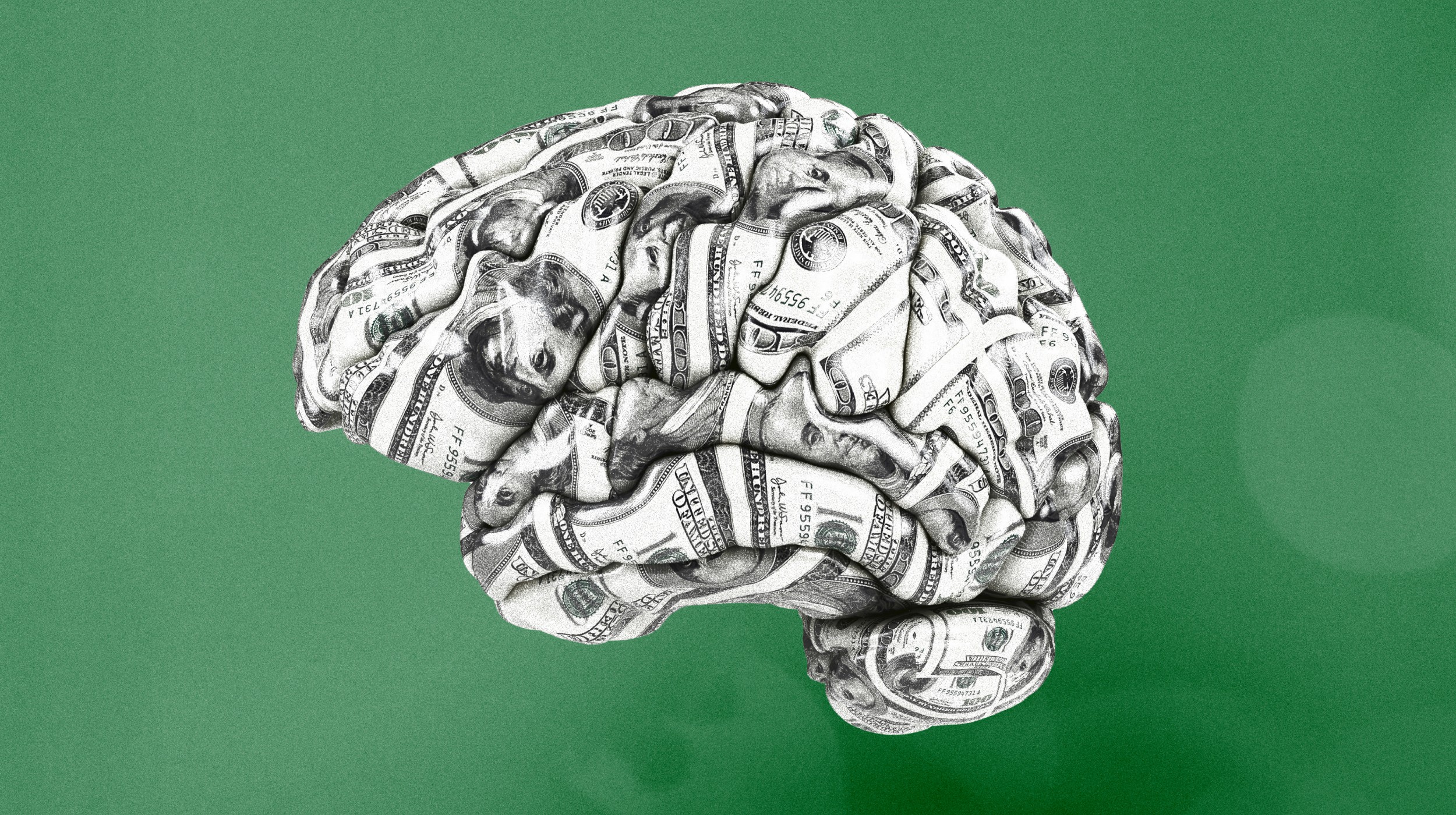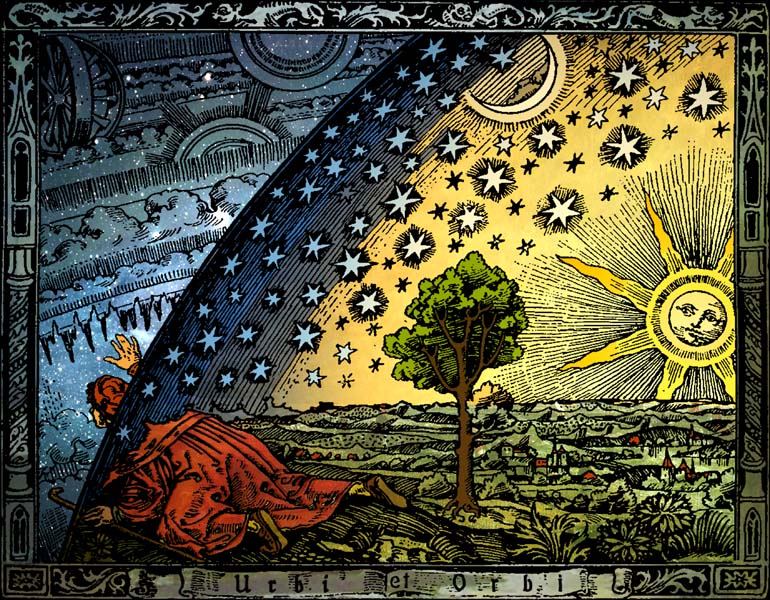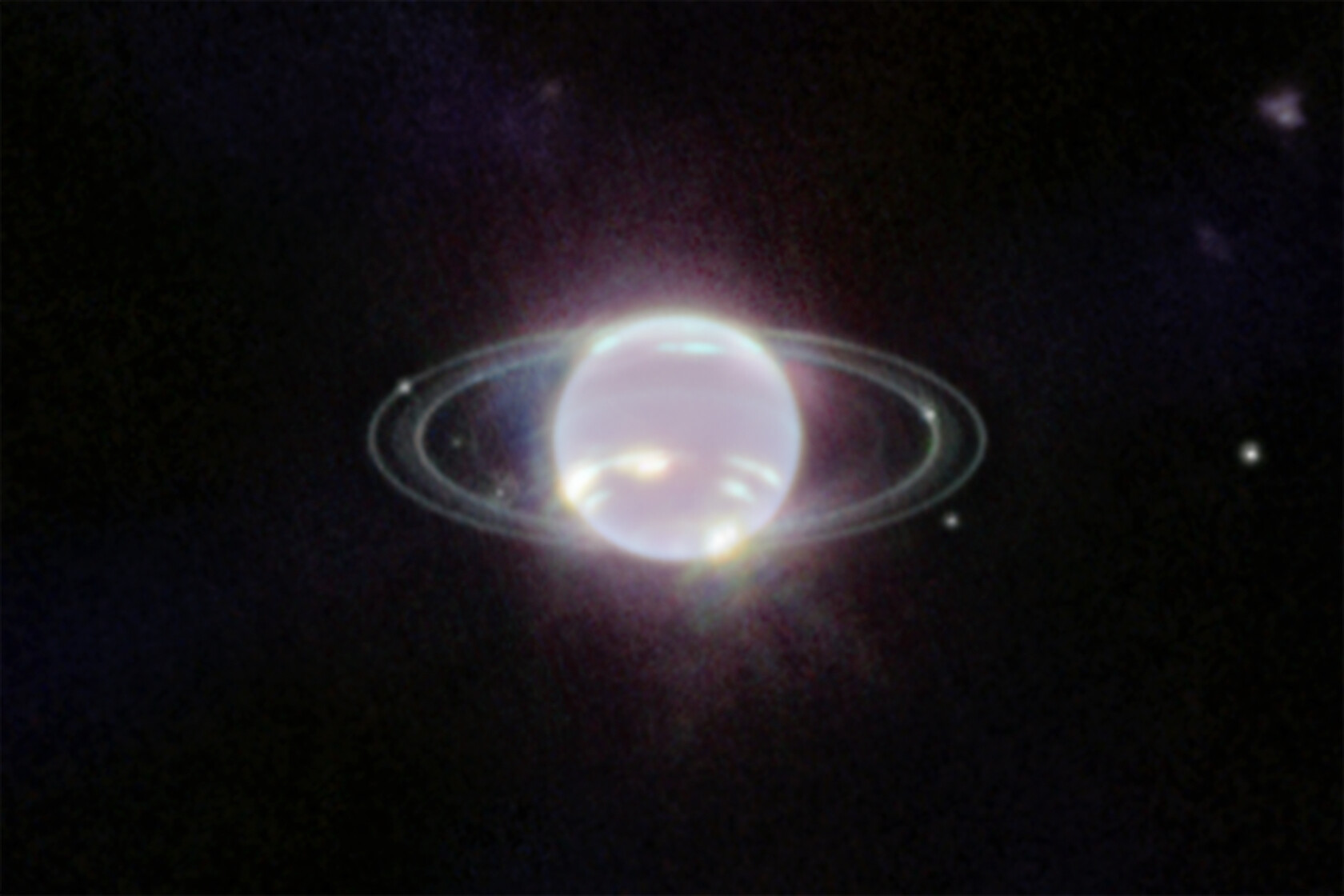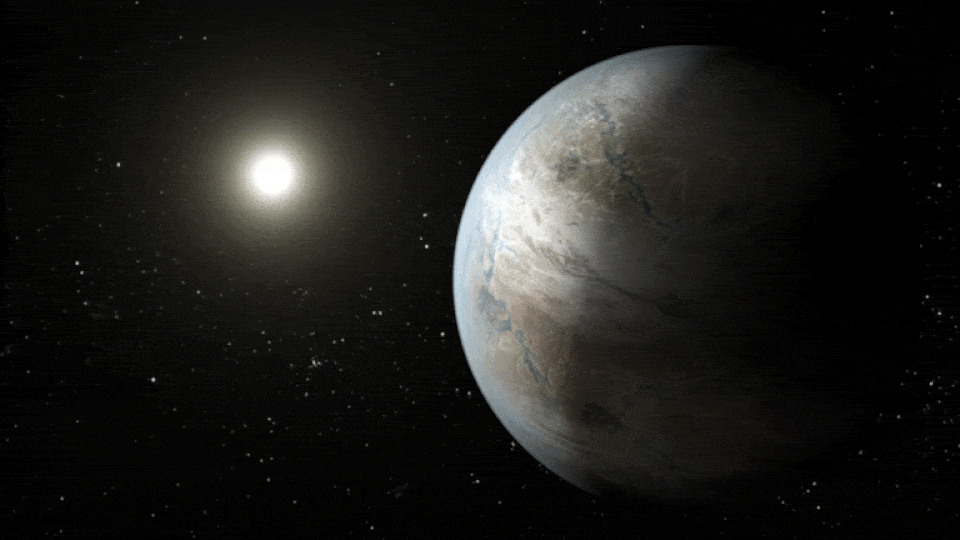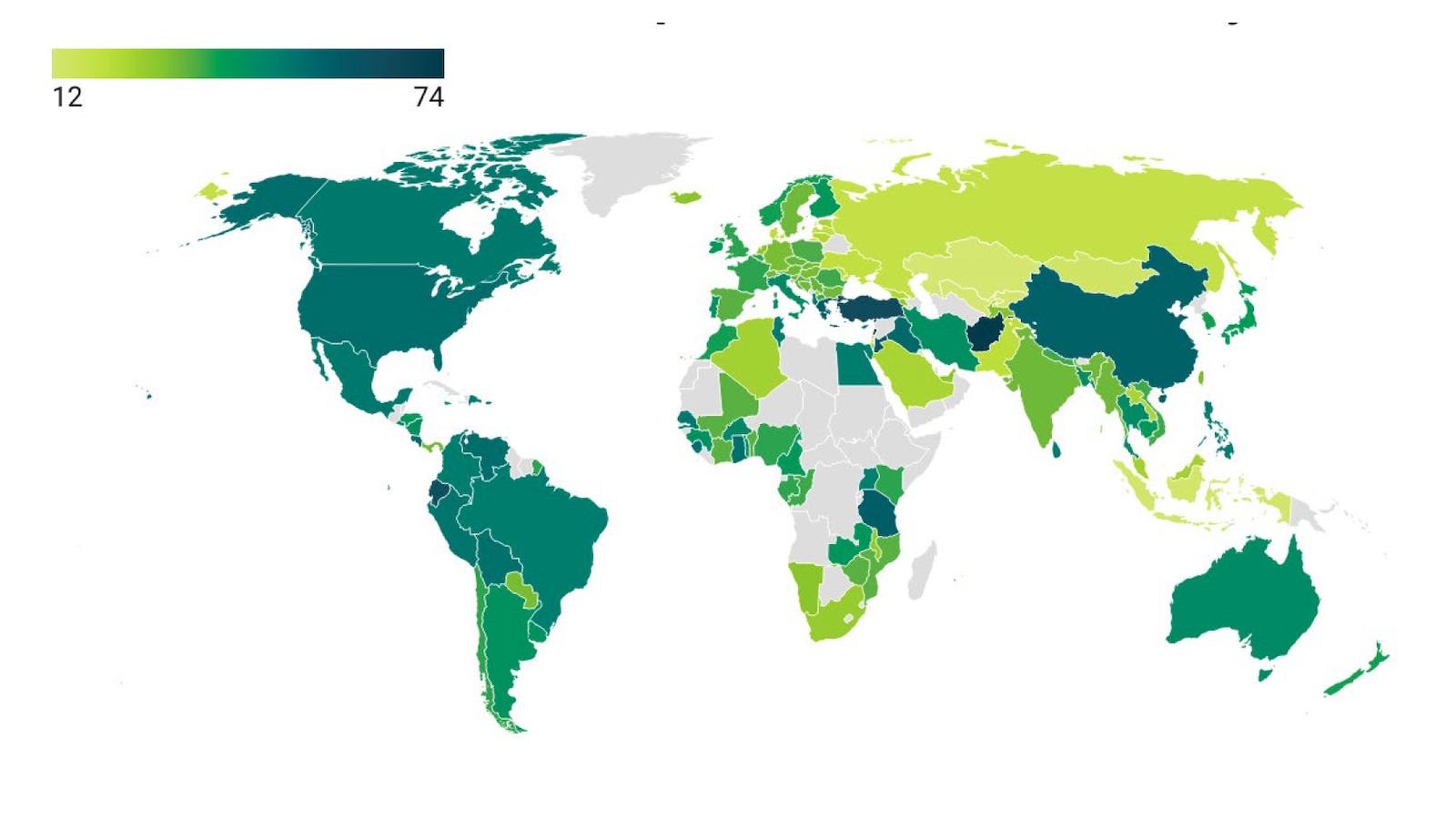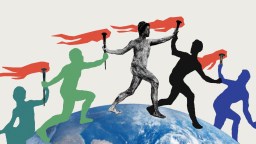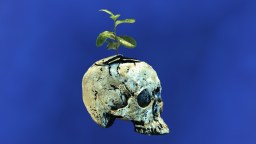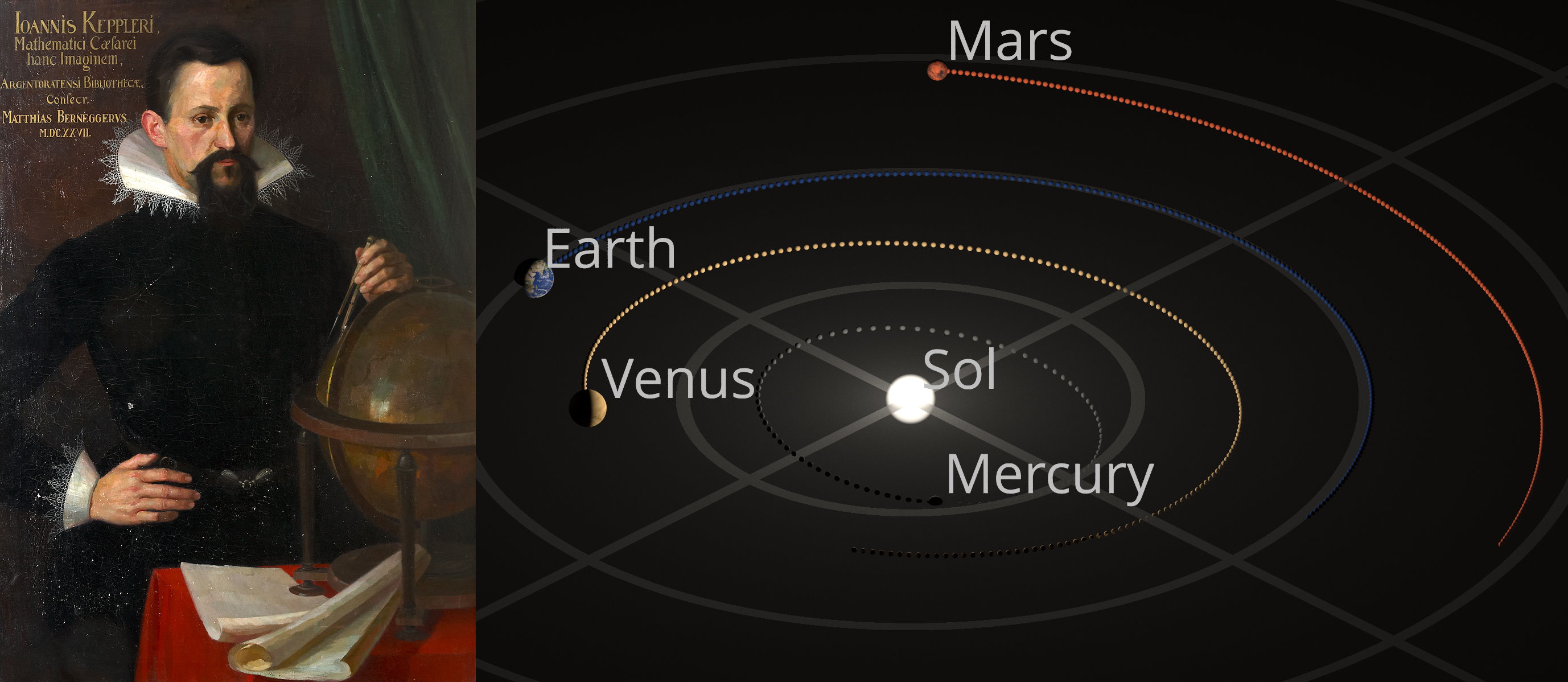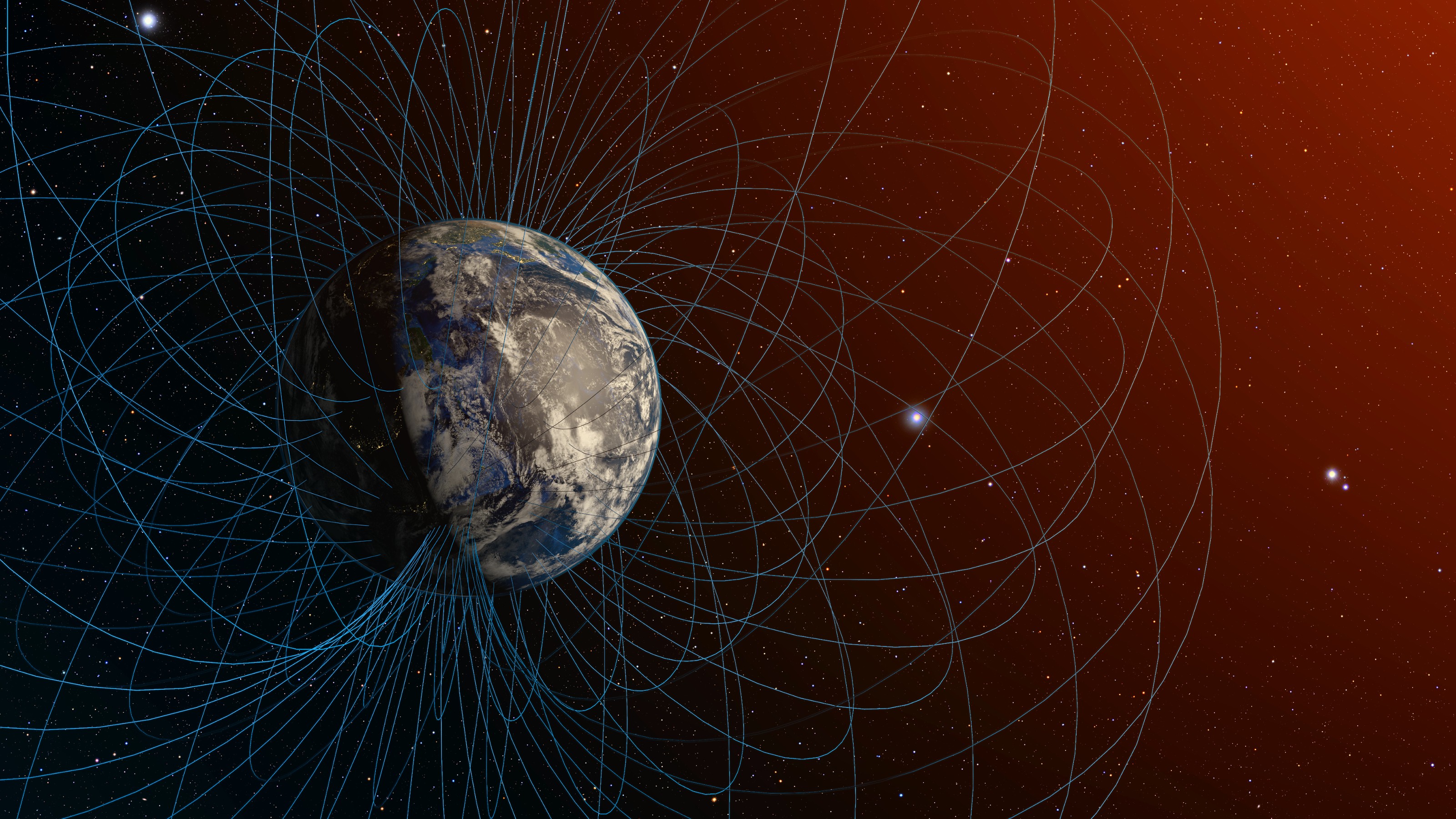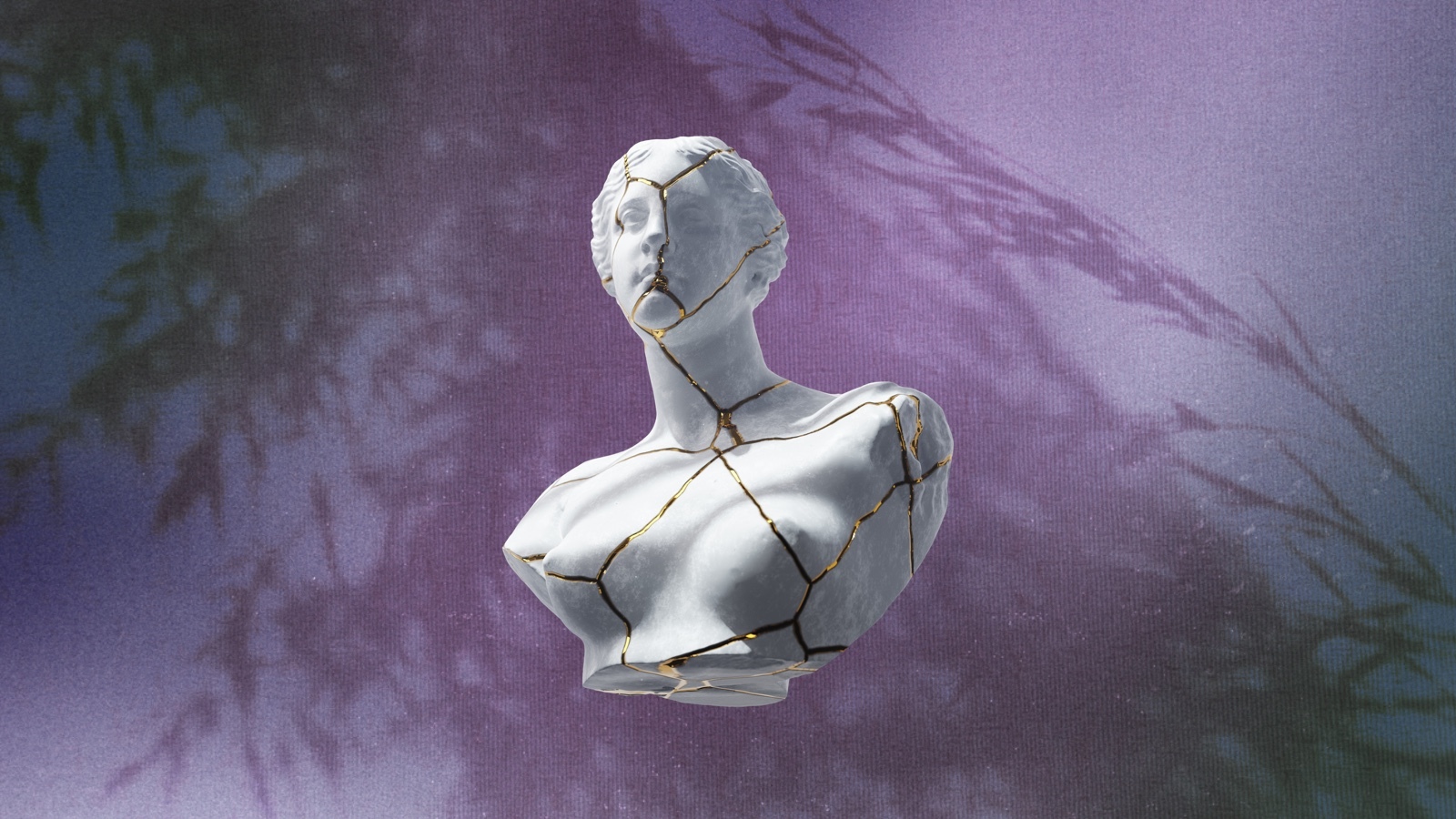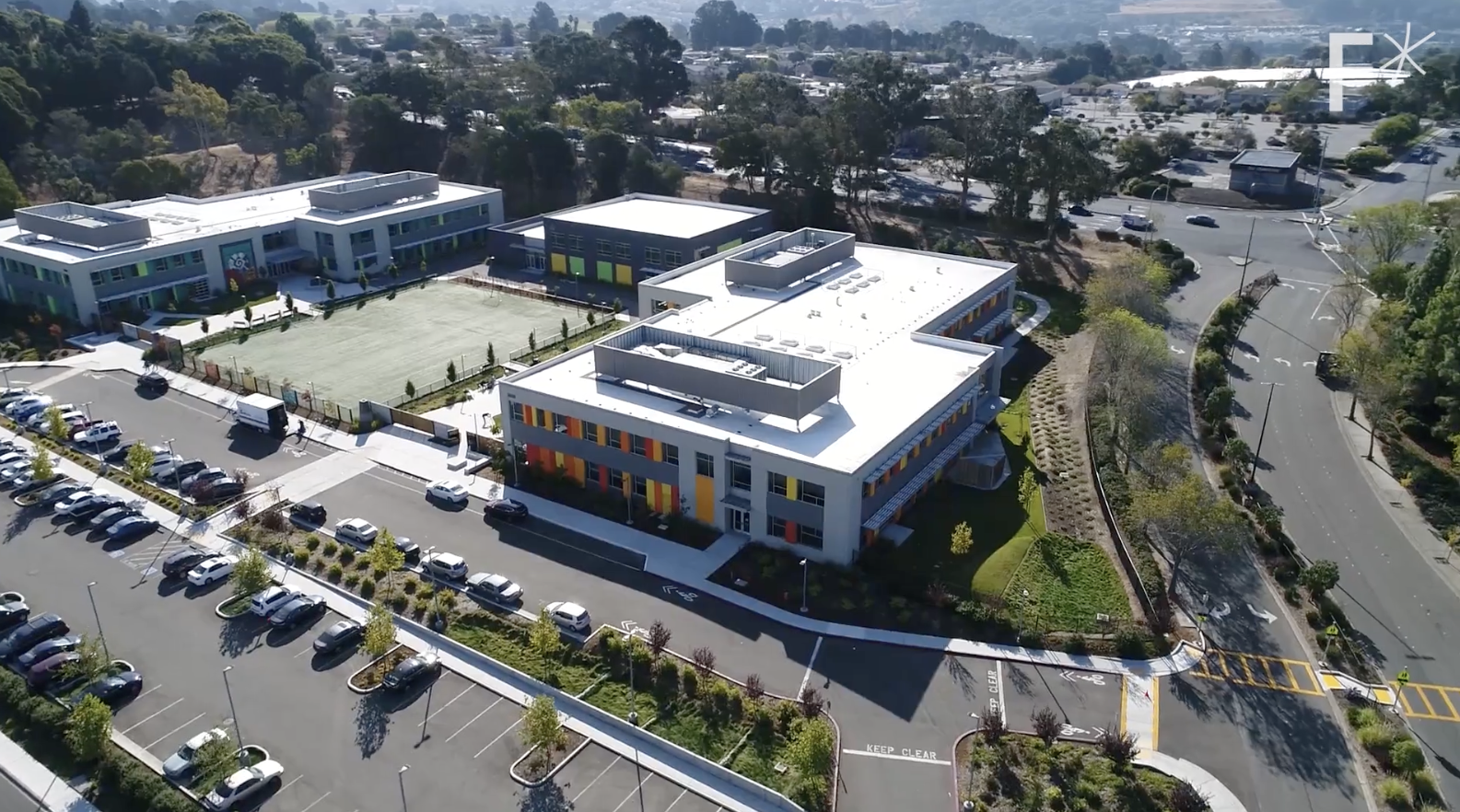No matter what physical system we consider, nature always obeys the same fundamental laws. Must it be this way, and if so, why?
Since our arrival, humans have driven a seven-fold drop in the mass of wild land mammals.
When you hold yourself financially accountable, you’re likely to gain more than just some extra money.
How drugs, demons, and the search for immortality gave us words we use everyday.
Successful forgers are remembered as great conmen, not artists. This is strange, considering their forgeries fooled even the most seasoned critics.
The James Webb Space Telescope viewed Neptune, our Solar System’s final planet, for the first time. Here’s what we saw, and what it means.
Synthetic biology has the power to cure and kill. Have we learned from our past mistakes?
Instead of liberation, the sexual revolution has led some people, particularly men, to be addicted to porn.
If you don’t mourn in North Korea, you risk being executed.
From here on Earth, looking farther away in space means looking farther back in time. So what are distant Earth-watchers seeing right now?
UAP are no laughing matter anymore.
“We are what our bodies do with what we eat.”
The world isn’t ending! But we are likely at the beginning of a profound transformation.
An interview with economist Tyler Cowen on why American progress has seemed to stall and how we can get it back on track.
▸
5 min
—
with
If you want to escape the negativity, head to Kazakhstan.
WIRED founder Kevin Kelly explains why progress often looks like dystopia to the untrained eye.
▸
7 min
—
with
Futurist Ari Wallach asks, “how do we want to be remembered?”
▸
8 min
—
with
Televising the coronation was thought to be an affront to the dignity of the event.
When people pick the greatest scientist of all-time, Newton and Einstein always come up. Perhaps they should name Johannes Kepler, instead.
Literature’s first utopia shows how far we’ve come.
For decades, the Communist Party of China has relied on reeducation camps to reform “parasites” and persuade people to support the communist cause.
Recent research suggests that Earth’s magnetic field bounced back just as complex life was starting to emerge on our planet.
We all want to have a good, stable relationship with somebody, says Dr. Helen Fisher. So it’s important to understand how intense romantic love affects our long-term goals.
▸
with
The Metaverse could be the most dangerous tool of persuasion humanity has ever created.
Perfectionism is on the rise, and its consequences for mental health can be devastating. The Japanese philosophy of “wabi sabi” can help.
Summit Public Schools take a radically different approach to education. And it’s working.
Who will lead humanity in the Metaverse? Roblox and Minecraft gamers.
▸
with
An average undergraduate student in physics is better than the AI.
These dissolvable pills aren’t meant to be swallowed, though.
“Spanish Stonehenge” contains 526 giant stones, three circular burial sites, a quarry, and four necropolises.
